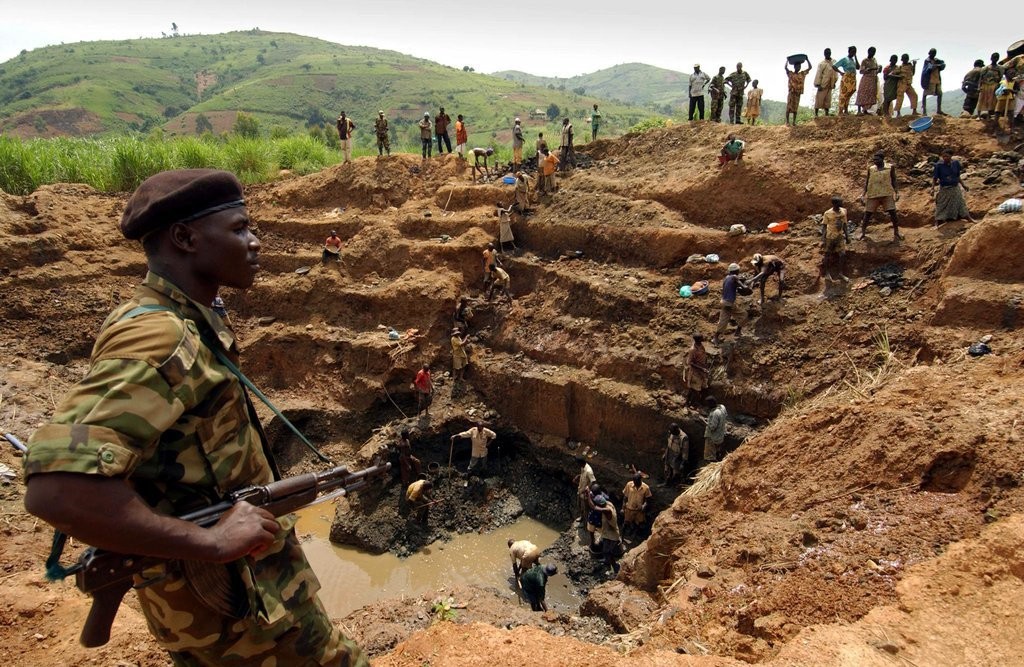
De Beers’ mining operations in Botswana have been on hold for more than two weeks amid a national lockdown, the company told Rapaport News.
Debswana, the company’s joint venture with the government, paused activities on April 2 when the coronavirus-related restrictions began, a De Beers spokesperson said Friday. The miner had not previously disclosed its full response to the Botswana lockdown, and will publish an updated production forecast in its operational results this Thursday.
Operations at Debswana are currently limited to essential services, with a small number of staff members still working.
De Beers’ current production outlook for 2020 is 32 million to 34 million carats — a plan that’s been in place since December, when it reduced its guidance due to inventory rebalancing taking place in the industry. It had previously expected to unearth between 33 million and 35 million carats for the year.
Botswana initially instituted a 28-day lockdown, and later extended the state of emergency for six months. Mining has received the status of an essential service, De Beers noted, adding that it was discussing how it could restart operations with health precautions in place.
“Debswana has been engaging with key stakeholders and considering the appropriate recommencement of operations, albeit at a significantly reduced level,” a company spokesperson said.
The country is De Beers’ largest source of rough diamonds, with the Jwaneng and Orapa deposits last year contributing 23.3 million carats of its global output of 30.8 million carats. The pandemic also forced it to cancel its March-April sight in Gaborone, the capital, as buyers were unable to attend or ship goods.
De Beers has also reduced the number of workers at Venetia, its only mine in South Africa, by 75% in response to a lockdown there. In addition, the company has introduced precautions at its Gahcho Kué mine in Canada’s Northwest Territories, including changing workers’ shift patterns to minimize travel.
Source: DCLA




